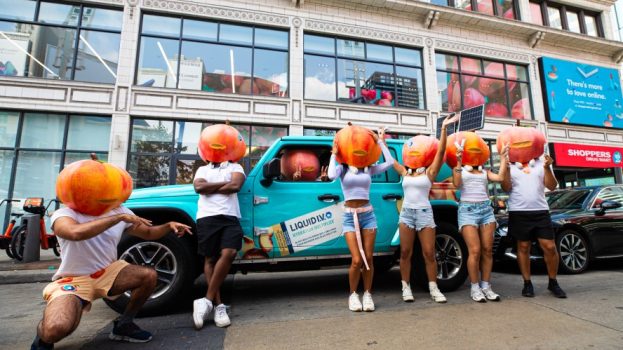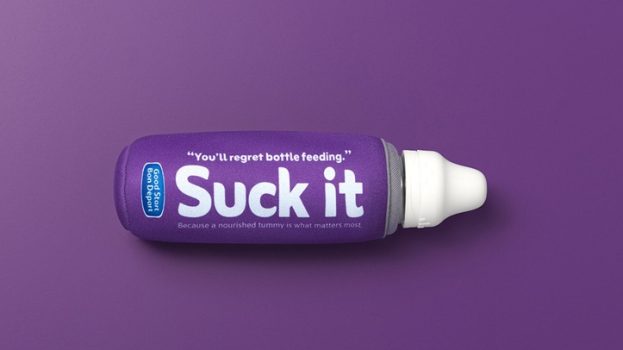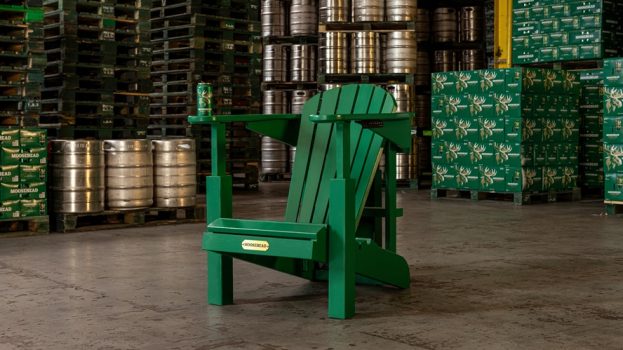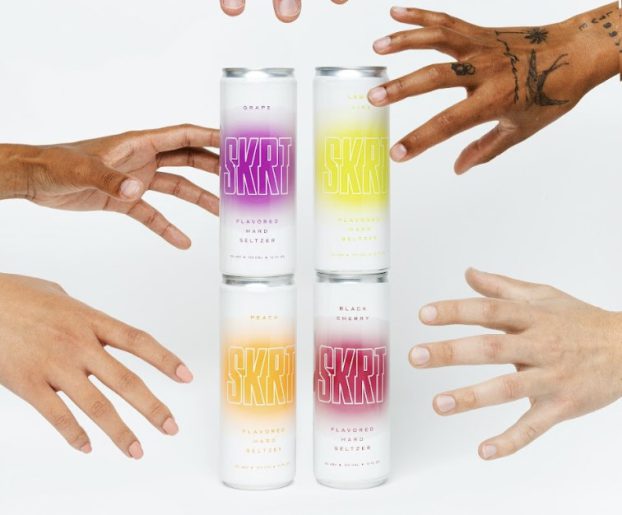
Prime had Logan Paul, Zoa and The Rock, and now Skrt is getting a celebrity boost from two heavyweights from the music world.
The hard seltzer owned by Post Malone and his manager, entrepreneur Dre London, is making noise in Quebec after its successful U.S. launch last summer.
The drink is billed as “the first hard seltzer crafted by the culture for the culture,” and a beverage that brings an “aspirational aesthetic” that the brand claims is missing from the RTD landscape.
Skrt is crafted and produced at a brewing facility in Quebec. A 12-can variety pack is available province-wide at IGA, Metro, Provigo and other retailers in four flavours: Black Cherry, Peach, Lemon Lime and Grape.
“It was a brand that was launched in the U.S., and is in its infancy,” explains Ben Schubert, the founder of distribution company Varon Corp, who tells strategy what Skrt brings to the industry is a unique flavour profile and variety. “Rather than selling one full pack of a certain flavour, it was really important, based on the analytics we’ve done and the fact that our flavour profiles were really what was separating us from the competition, to come out with a four-flavoured mix pack.”
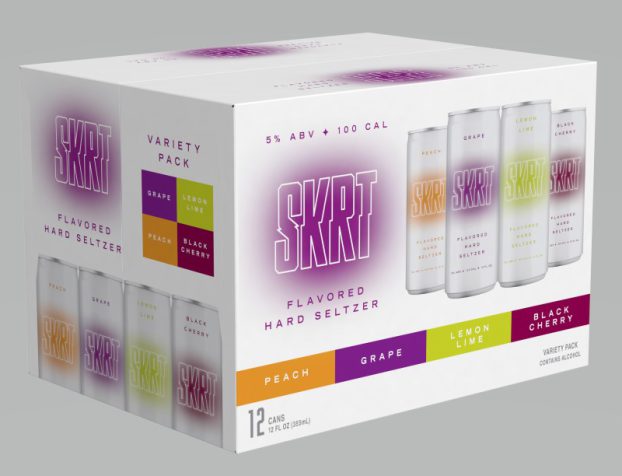
Skrt is in 1,000 stores in Quebec alone in the first eight weeks of distribution. The rollout also includes hundreds of independent convenience stores, with a planned launch in Couche-Tard next summer.
Like other RTDs, Skrt getting liquid-to-lips through a robust sampling effort is a big part of its strategy. Its in-house team has strong relationships with Live Nation and other promoters, and Skrt is appearing at Unity Electro Fest in Quebec this August. Schubert says this was informed by the success of Skrt appearing as “headline beverage sponsor” at events like Chicago hip hop festival Summer Smash.
In terms of the competitive set, Schubert says The Skrt business model is way more ear to the ground than that of the larger players, focused on music, arts and entertainment.
Competitor Molson Coors announced it had hiked ad spend on its innovation brands that include Coors Seltzer and Vizzy, but Schubert says Skrt “does not follow in their footsteps whatsoever.”
“We are not big ad spend guys,” Schubert admits. Rather, the drink’s success is predicated on sponsoring the right events, he says, as it looks to hit the 19 to 29 demographic.
Skrt’s clean design belies the presumption that it might attract a Post Malone fanbase that could be predominantly male. However, Schubert explains, it has a roughly even gender split.
Rose PR is providing communications support on the campaign

